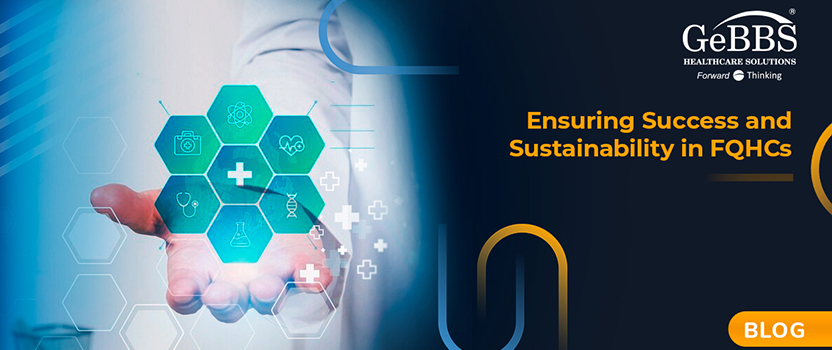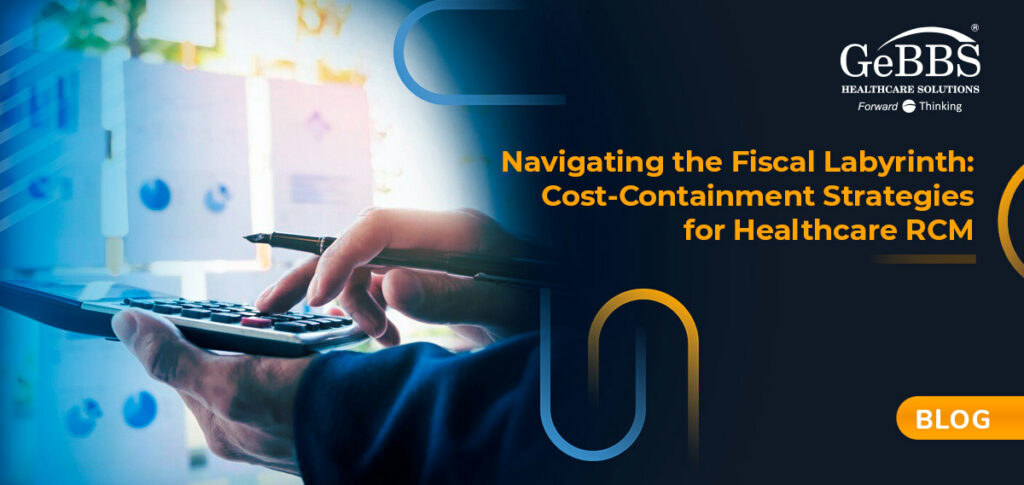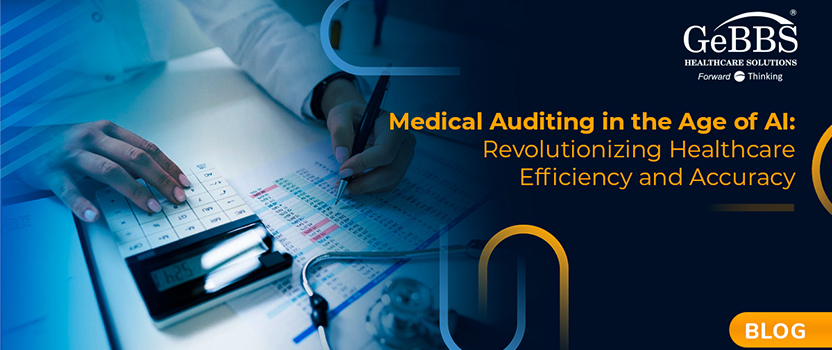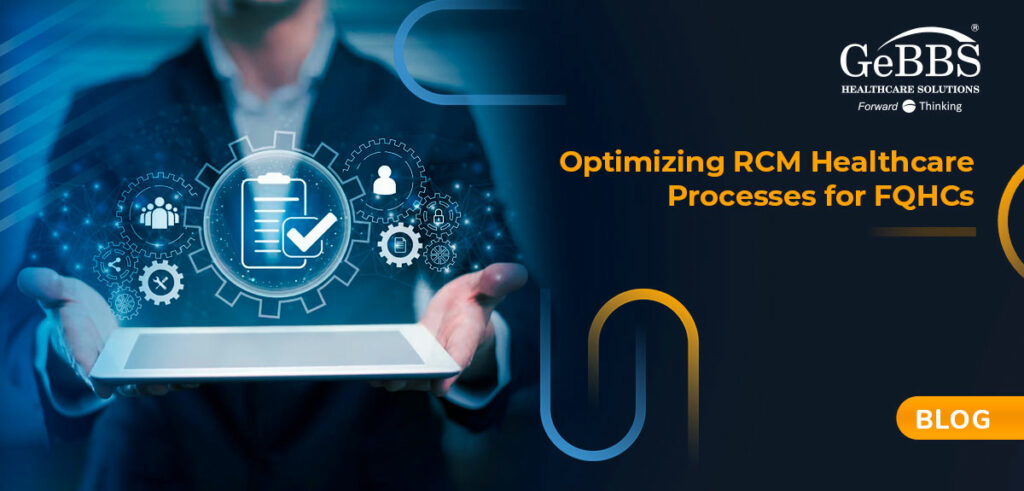Reducing costs is a priority for most healthcare providers. Still, efforts to curtail expenses have been disrupted by the pandemic’s persistence, the ongoing labor shortage, supply chain delays, and changing regulations requiring extensive data capture and documentation.
The latter point has become increasingly difficult for providers to achieve accuracy and efficiency. Yet a healthy revenue cycle hinges on accurate data, which drives repetitive — but critical — processes, including patient scheduling, payer verification, prior authorization, medical billing, and claims management and resolution.
This is where robotic process automation (RPA) fits into cost reduction and revenue-cycle management (RCM). RPA is a software technology that performs repetitive tasks common among healthcare providers of varying sizes and fields, such as data extraction and sharing among provider and payer stakeholders; in turn, RPA contributes to improved workflow, reduced expenses and enhanced patient experience.
Current RPA Healthcare Applications
RPA technology is still evolving, as is its utilization with artificial intelligence (AI) to perform more complex tasks. In healthcare, RPA is currently capable of meeting demands that include but are not limited to:
Patient Data Entry
By automating manual processes such as patient data entry, RPA can accurately collect administrative data that provides the foundation for health records, payer claims and medical billing. When gathered manually, these details can be logged incorrectly or not shared with key contacts elsewhere in the patient journey, leading to the need to recollect basic information.
Appointment Scheduling and Management
RPA is beneficial to online scheduling, and it simplifies appointment rescheduling and cancellations. Consider that canceled and missed appointments are believed to cost providers more than $100 billion annually. RPA can further extract crucial data from appointment requests, such as pertinent patient demographics and insurance information.
Medical Billing and Claims Processing
The sub-processes associated with claims management are repetitive and ripe for errors. Medical coding and billing errors remain rampant and cost providers hundreds of millions of dollars a year. RPA can automate many of these procedures. RPA improves data accuracy and processing speed. It can also identify information that doesn’t comply with current coding or regulatory standards to help reduce claim delays and denials and amplify reimbursements.
Document Digitization and Records Management
RPA can digitize and transition documentation, including health records and payer claims to a database. RPA technology is built for interoperability and can help manage electronic health and medical records while sustaining compliance regarding their protection and use.
Data Security and Patient Privacy
The security and privacy of patient data are of paramount concern to healthcare providers and payers, not to mention patients. RPA captures, manages and transfers sensitive information, but the technology is also engineered for confidentiality. RPA provides restricted, role-based access to specific patient details; RPA also maintains a history of access, audits and usage and can alert organizations of a possible breach.
Communications and Patient Service
RPA allows the automation of several communications functions, including online inquiry responses, email appointment reminders, customer-service calls, and more. RPA may also be employed to deliver timely care procedures or reminders to patients or follow up on previous care.
And these are just a few of the current duties RPA can perform or assist with. The capabilities and possibilities of RPA extend to different forms of patient care, such as remote care or home health and hospice care, and to public health management, such as infection control.
RPA’s Value to Workflow and the Revenue Cycle
Many people latch on to the ” robotic ” aspect when considering robotic process automation and the platforms that employ RPA. But the keyword in RPA is really “automation.”
The ’bot-fueled automation is what allows providers to maximize revenue, better direct human resources and improve the patient experience. The most recent Index Report from the Council for Affordable Quality Healthcare (CAQH) indicates that revenue-cycle automation for certain administrative tasks — including those noted above — could create more than $17 billion in yearly savings.
In fact, most healthcare leaders who have invested in RPA-based technology solutions have done so to improve financial performance, according to a survey reported by Health Leaders. The same survey found that the top RPA benefits were improved efficiency, cost reduction and increased revenue capture.
The main uses for RPA among those surveyed were claims management, medical coding, payment posting/reconciliation, eligibility verification, prior authorization and denial management. Those who utilize RPA reported a more efficient internal workflow and patient journey, reduced coding and billing errors, faster billing cycles, and higher reimbursement rates.
On a similar front, a recent Becker’s Hospital Review white paper focused on RPA in the revenue cycle and where automation can help providers cope with staffing shortages, regulatory changes, claim denials and other pain points. The paper touts the great potential of RPA and indicates that the current benefits and return-on-investment offered by RPA make a compelling case for its implementation.
RPA and the Patient Journey
The use of robotic process automation is an opportunity to better link patients, providers and payers throughout the patient journey.
RPA ‘bots are not replacements for healthcare workers but tools intended to free those essential employees from repetitive tasks and devote their time and skills to high-value, patient-centric functions. Because RPA’s use in healthcare is ultimately about the patient experience.
RPA can streamline the entire patient journey, from patient access through scheduling and from pre-authorization to collections into follow-up care. As patient preference for digital services grows, and as patients bear increasing financial responsibility for healthcare, RPA is fast becoming a vital tool.
GeBBS Healthcare Solutions: Forward Thinking
GeBBS Healthcare Solutions is an innovative leader in health information management (HIM) and RCM technologies that employ AI and RPA.
GeBBS is dedicated to helping its partners realize substantial and measurable cost reduction and productivity improvement through end-to-end solutions that offer diverse automation capabilities as well as real-time reporting and analytics. GeBBS is proud to be rated among Modern Healthcare’s Top 10 Largest RCM Firms, Black Book Market Research’s Top 20 RCM Outsourcing Services and Inc. 5000’s Fastest-Growing Private Companies in the United States.
Connect with GeBBS Healthcare Solutions today to schedule a demonstration and learn how we can help your organization grow into the future.






